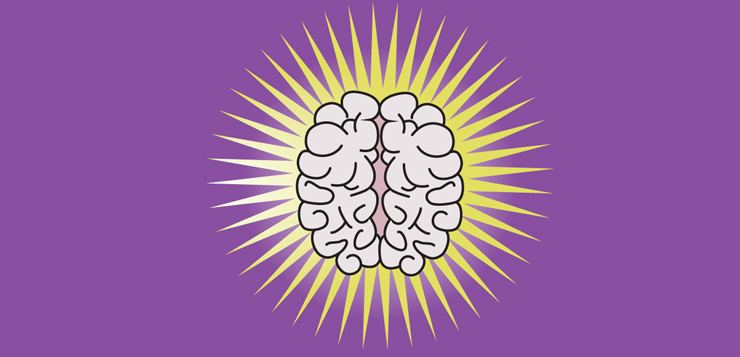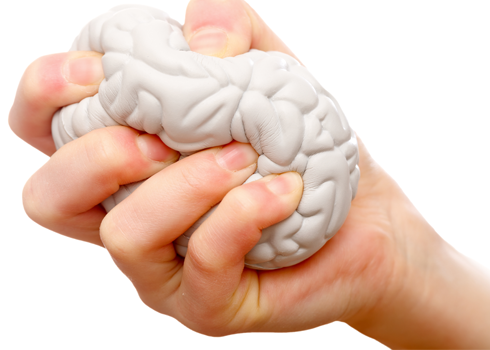Daily stressors like disagreements with others, being stuck in traffic, or losing your keys can negatively impact your health and well-being. New research published in the Journal of Research in Personality shows that present-moment awareness, a key feature of mindfulness, increases stress resilience and effective coping.
Present-moment awareness involves monitoring and attending to current experience rather than predicting future events or dwelling on the past. Studies show that an individual’s disposition toward remaining in the present moment is linked to numerous health benefits including lower levels of perceived stress, anxiety and depression, improved mood, and a sense of improved well-being.
How we cope with stressors can also determine their impact. Strategies like ignoring or denying them (what experts call avoidance coping), or distracting ourselves, which may be effective short-term, can also undermine our health and happiness in the long run.
In the study a team of Australian researchers examined the effects of present moment-awareness in a sample of 143, well-educated university students and staff (76.3% female) who were part of an online mindfulness training course. The researchers surveyed the study participants with a focus on three stress response variables.
Three factors that determine people’s stress-response:
- Your perceived competence in dealing with a stressful situation. Whether or not people believe they have the ability to handle a situation or not, plays a role in how they deal with stress. This is called coping self-efficacy and is an indicator of our ability to motivate ourselves to effectively respond to stressful circumstances. Coping self-efficacy is consistently linked to increased resilience and less trauma following stressful events.
- Your reliance on core values when responding to stressful situations. Relying on values rather than reacting to immediate short-term situations is described as “values-consistent responding.” This describes when people’s responses are consistent with their long-term goals and aspirations, rather than being influenced by the current situation. Being present, research shows, allows people to be more aware of their options and their values, which translates to a heightened sense of well-being, diminished psychological distress, and greater pain tolerance in the presence of stressful circumstances.
- Your level of avoidance of stressful feelings. Avoidance coping is characterized by a tendency to retreat from stressful life events. This coping style is associated with increased psychological distress, and reduced well-being across the lifespan.
Results of the study confirmed that those with greater present-moment awareness were more likely to respond to stress with strategies that lead to greater health and well-being. Specifically, being able to be present in the moment when stressed was directly linked to greater perceived ability to handle that stress and more reliance on core values to navigate the stressful situation. This effect was seen both the same day, and in response to a different stressor the next day, linking present-moment awareness practice to long-term stress reduction. These findings persisted even after accounting for people’s bad moods, and the degree to which stressors were perceived as threatening.
…those with greater present-moment awareness were more likely to respond to stress with strategies that lead to greater health and well-being.
The results of this study are particularly important given that the chronic and cumulative effects of daily stress can be extremely toxic to your health and well-being. They suggest that being present and aware in the midst of daily hassles increases stress resilience, and serves to alleviate the harmful impact of stressors for days after. Mindfulness approaches that emphasize present-moment awareness may be uniquely suited to building a greater capacity to face whatever life throws our way.
Try This Present-Moment Awareness Practice:
Noticing what’s happening in the present moment is a core mindfulness skill. Take a moment to examine how it feels to disengage from your busy mind and shift out of “doing” and into “being.”
Read More
Your Breath is Your Brain’s Remote Control
A study has found evidence to show that there is actually a direct link between nasal breathing and our cognitive functions.
Read More
Anxious? Stressed? That’s Okay!
You can make friends with your stress, Shamash Alidina writes.
Read More









